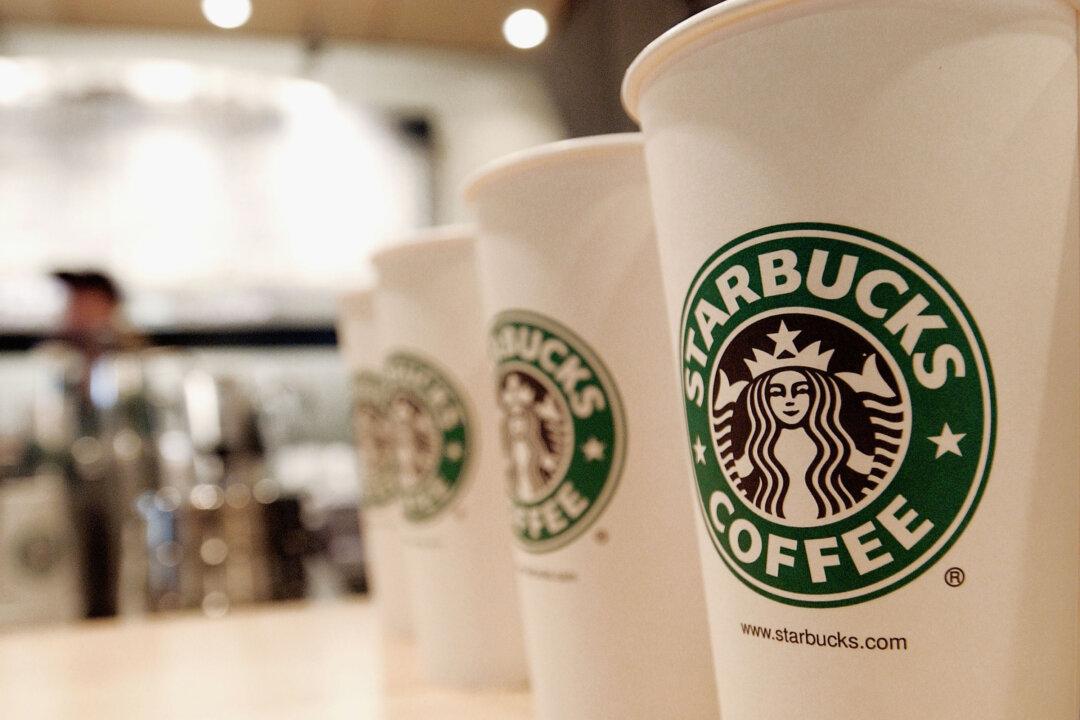Starbuck Korea issued a public apology on Thursday over its summer giveaway bags that contained carcinogenic chemicals and said that it would offer free drinks, or other products, as compensation to customers.
“We deeply apologize to our customers who are disappointed in us for the recent issue [surrounding the giveaway bags],” the company said in a statement, The Korea Herald reported.





